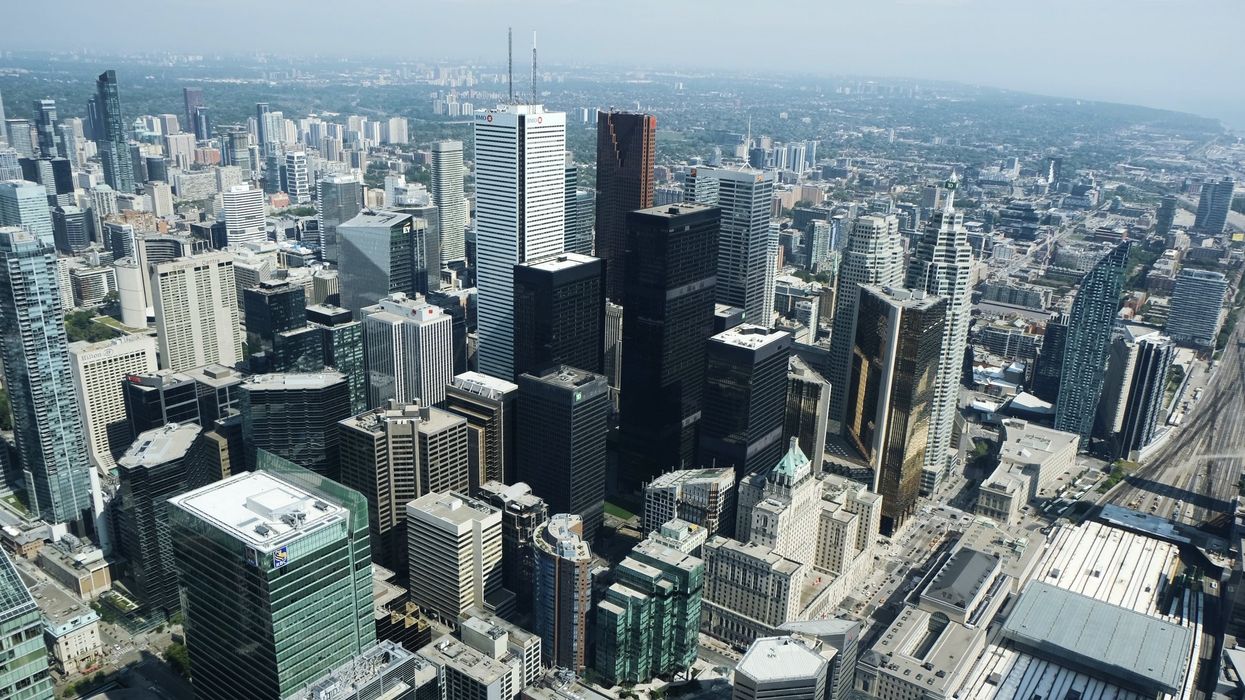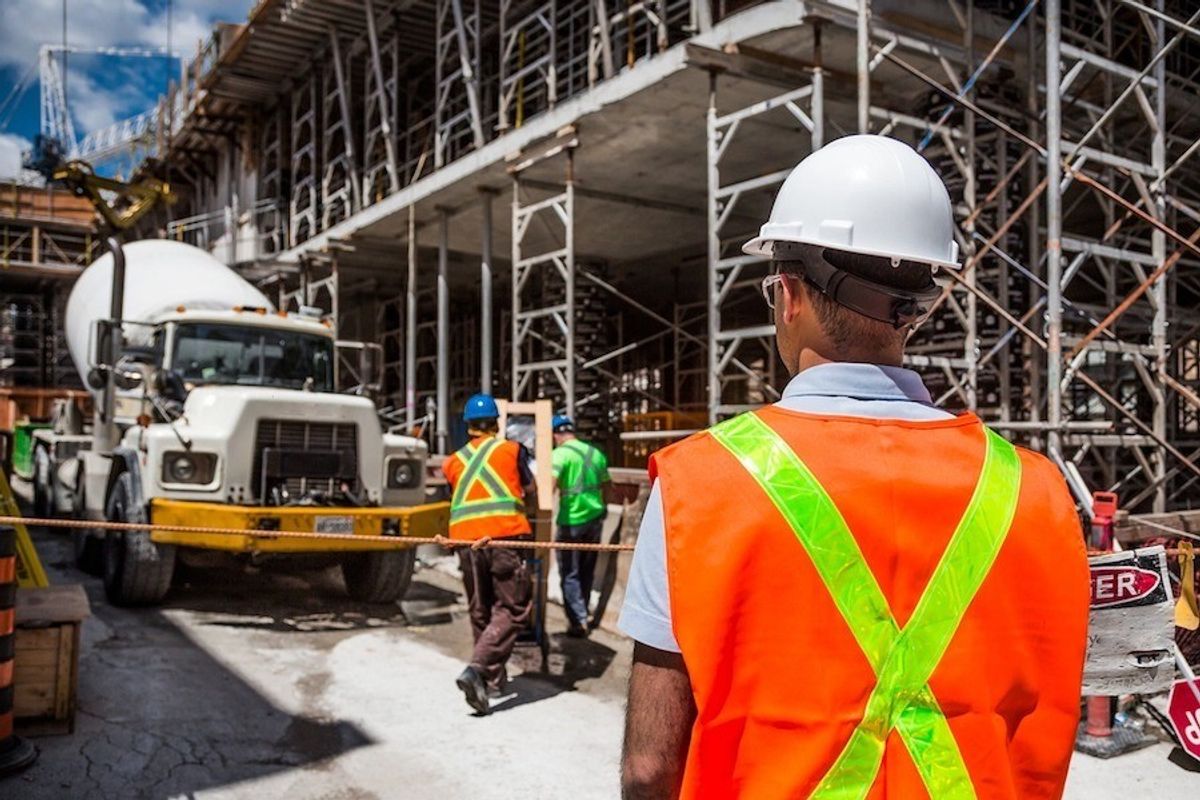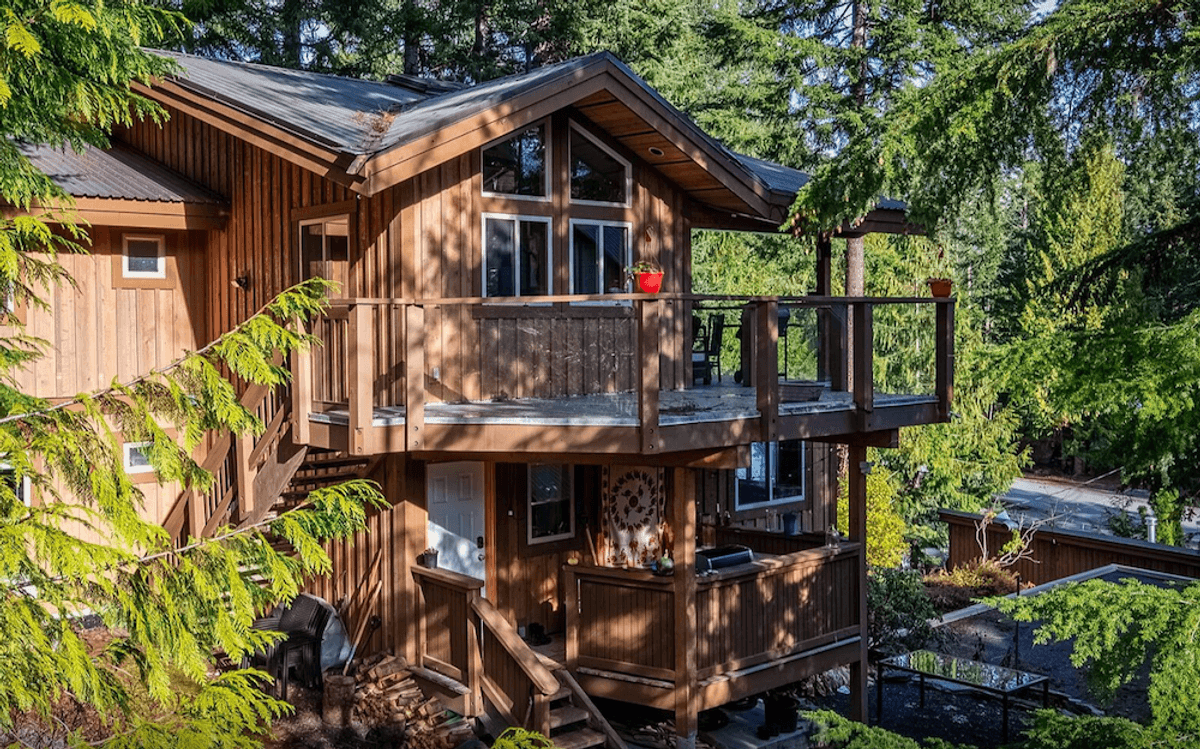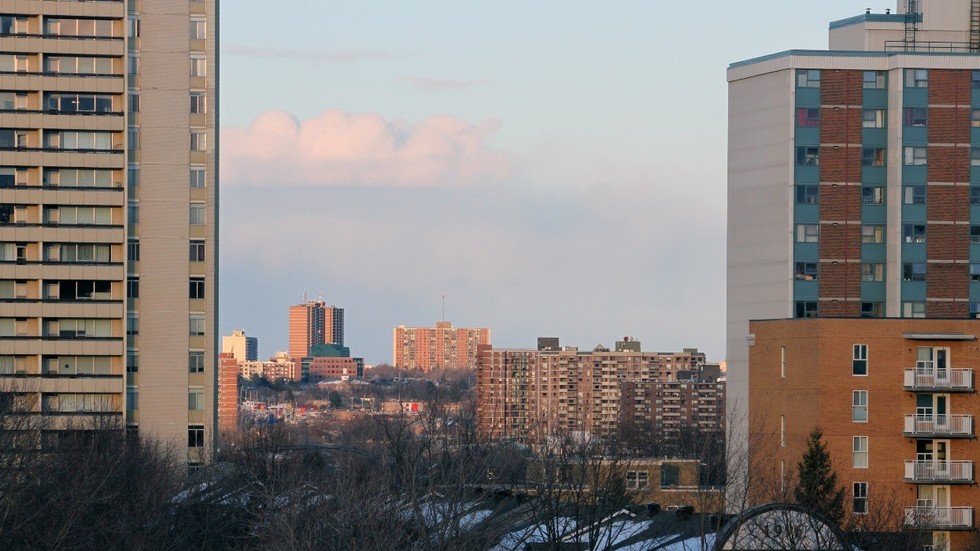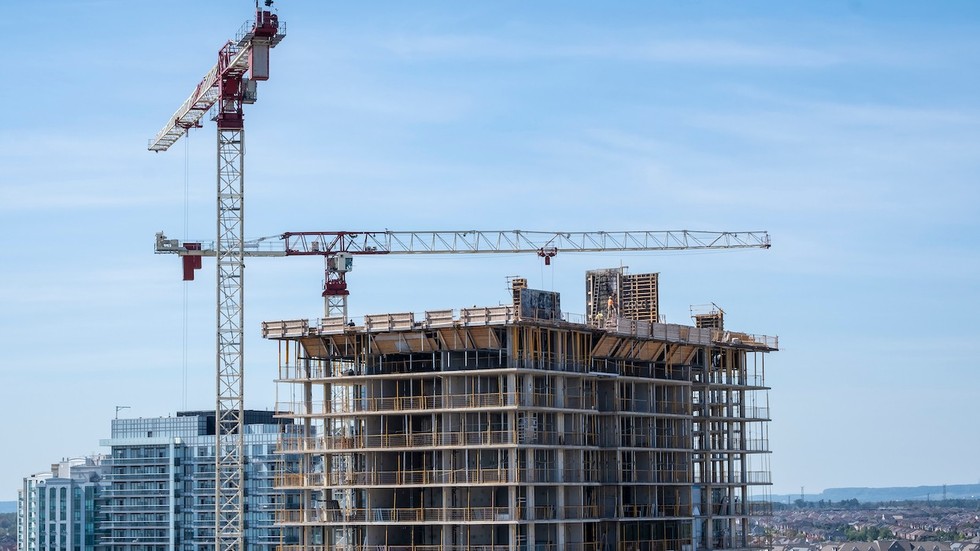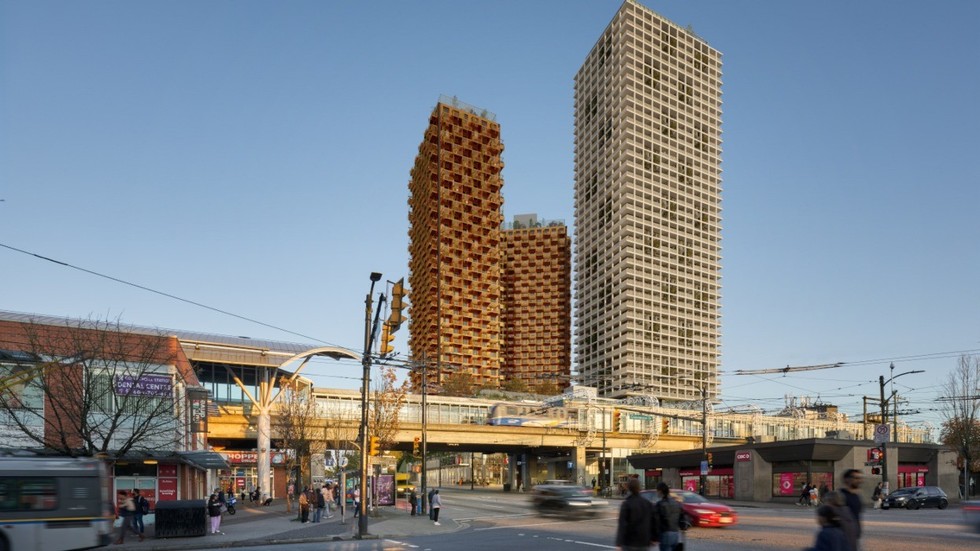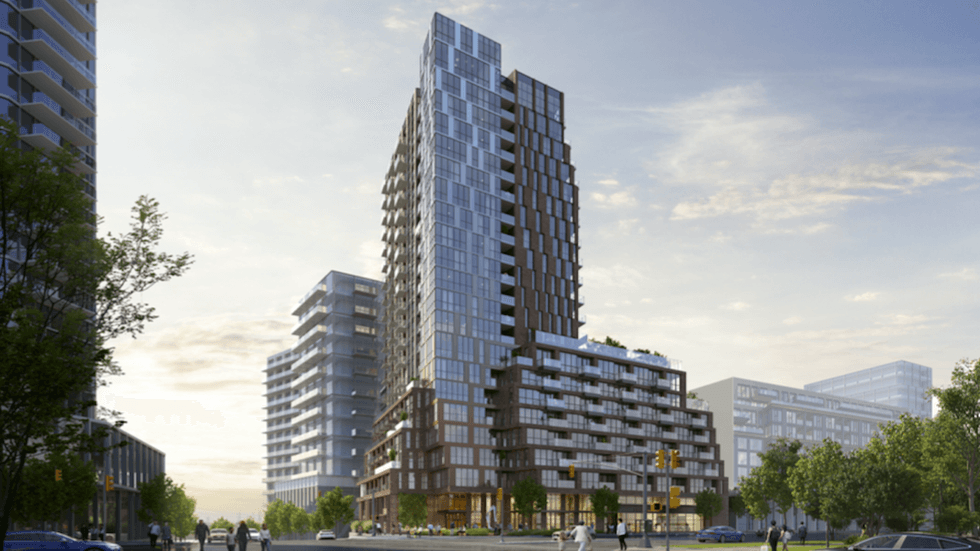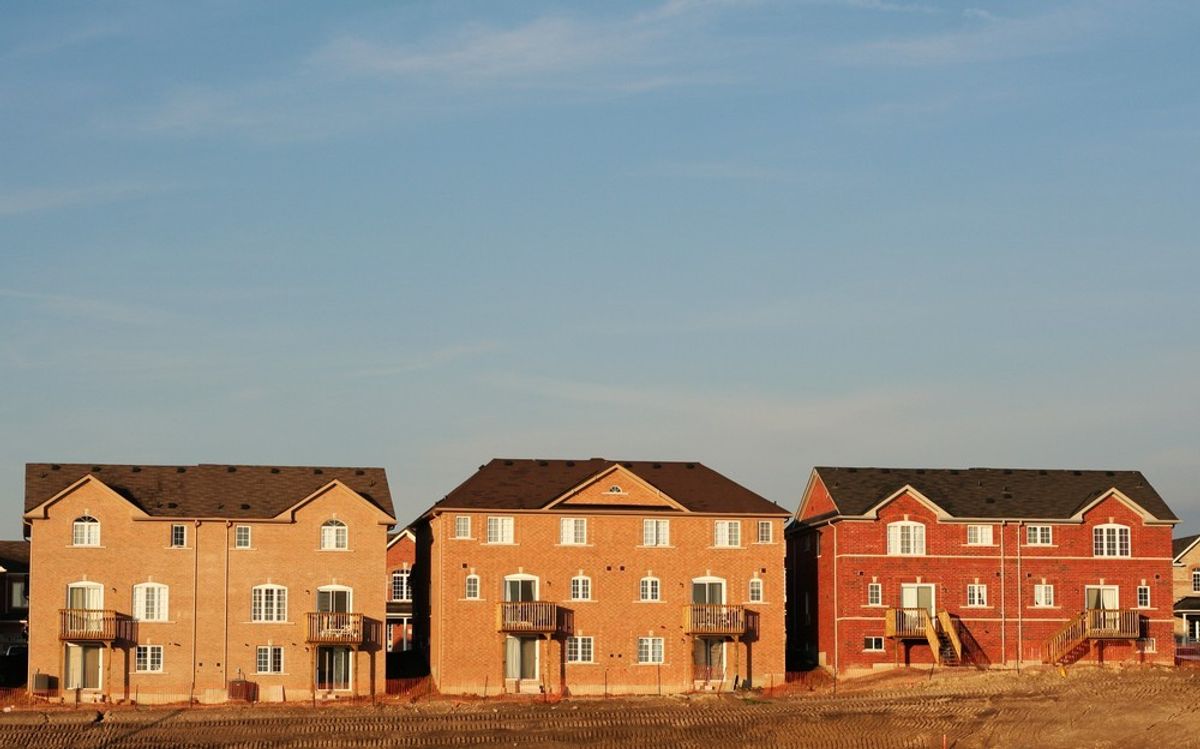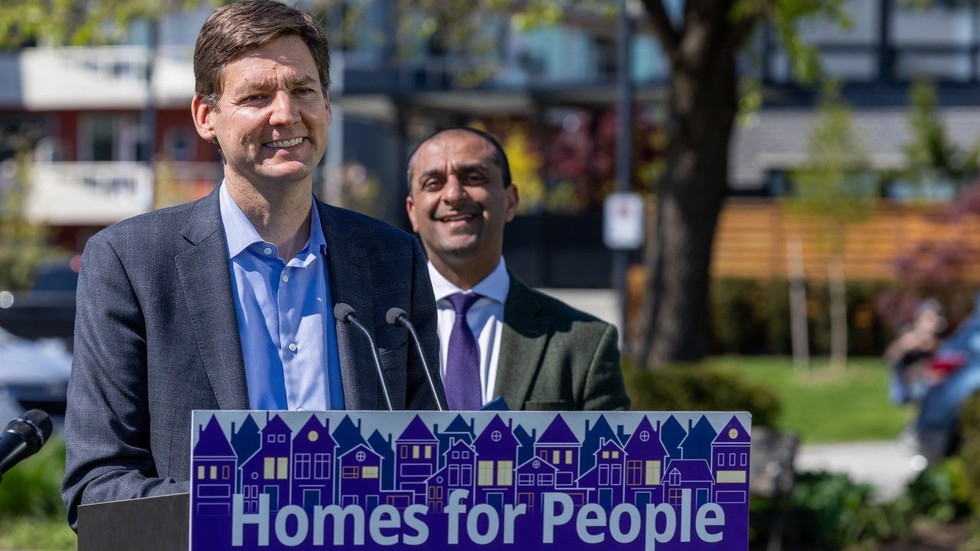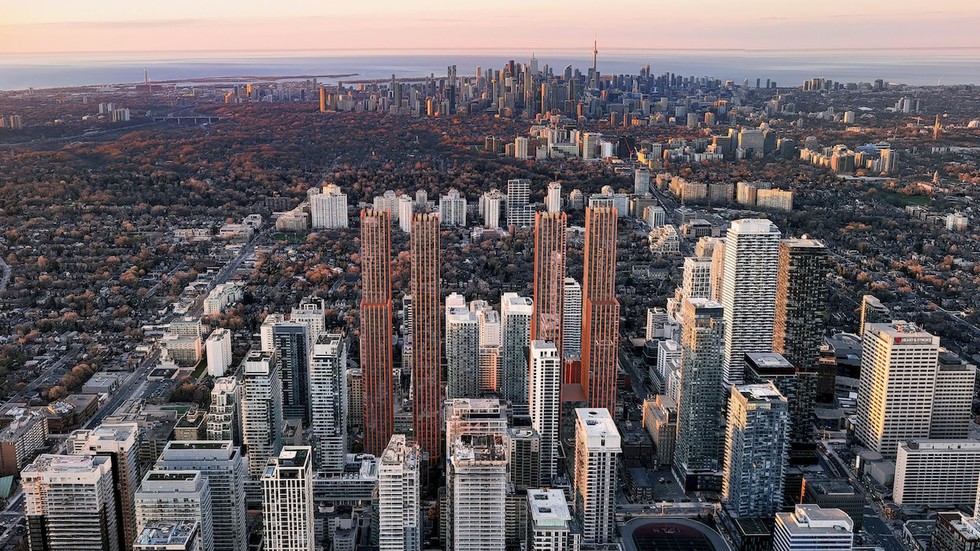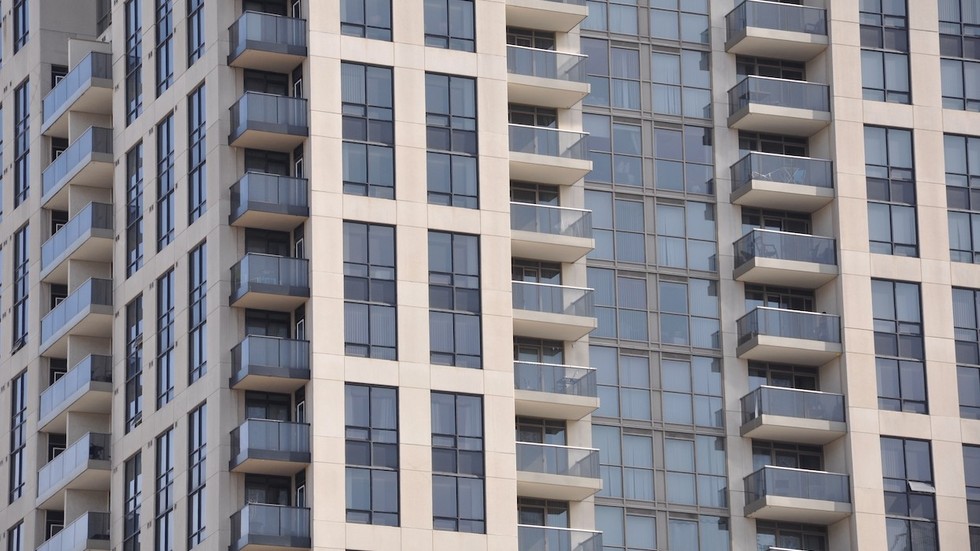As the coronavirus pandemic continues and social distancing measures remain in place, recent sales data shows Toronto's typically steadfast housing market continues to see a decline in activity, while home prices remain steady.
The most recent data from the Toronto Regional Real Estate Board (TRREB) shows home sales declined by 69% in early April compared with the same period last year. At the same time, new listings also declined, falling 63.7% compared with the same period in 2019.
But you know what didn’t substantially fall? Home prices.
Those hoping that housing prices would go down – especially here in Toronto where prices are some of the most expensive in the country – have seen a small, but barely significant change given the current economic climate, with the average selling price for all home types reaching $885,371, a -3.7% decline compared to the same period last year in Toronto proper. The GTA as a whole also saw little, if any, damage; its average prices remained flat, increasing 0.1% to $821,392 during the same time.
READ: April Home Sales Plummet Across GTA, But Prices Remain Flat Year-Over-Year
This raises the question: if sales and listings are both down, why aren't prices also dropping?
The price of homes, like stocks, for example, depend heavily on the law of supply and demand. With both demand and supply down in Toronto, you might assume prices would show some flexibility, but it appears that isn't the case specifically because both supply and demand are down.
According to Walter Melanson, co-founder of PropertyGuys.com, normally, the market is plagued by a lot of non-serious buyers and noise, but all the “tire-kickers” have left, he says. Simply just being in the market at all right now is a statement. “If you’re in the market right now, we’re considering you as a very serious buyer.”
“There are still lots of reasons to buy right now, including people who need to move because of work, people who have moved to the country or region recently, and people who have the money to enter the market at a time when others don’t,” Melanson adds.
Gone from the current market are any distractions; only serious buyers and sellers remain.
At the same time, the COVID-related measures currently in place have helped contribute to the drop in transactions, which TRREB president, Michael Collins, believes will only be temporary. Collins says the drop will most likely persist until there's a "sustained decline" in the number of cases. Given the sharp drop-off in sales in recent weeks, it leads us to wonder where housing prices are headed. Collins believes that once recovery from the pandemic begins market activity should accelerate due to the pent-up demand that has been, and will continue to, build up over the course of the spring and into part of the summer.
But no one really knows.
A recent report from CIBC Capital Markets economists forecast a decline in average prices of five to 10% in Canada relative to 2019 levels. The weakness in the labour market is noted as one reason for the decline, “with high-cost units in the high-rise segment of the market seeing the most notable price declines.”
READ: 81% of Canada’s Gen Z Thinks They’ll Buy a Home in the Next 20 Years: Survey
At the same time, the Canada Mortgage and Housing Corporation (CMHC) predicts housing prices will not return to pre-COVID-19 levels until late 2022.
However, both of these forecasts come on the heels of TD Bank releasing a similar report, albeit one that takes a completely different outlook, suggesting that home prices will increase nationally in 2020. “Home price growth is projected to hit a national average of 6.1% in 2020, compared to a 2.3% increase last year. Here in Ontario, home prices are forecast to increase by 8.3% in 2020, while Toronto could see an increase of 7.8%, compared to 4.1% in 2019,” reads the report.
At this point, no one safely knows how long the COVID-19 crisis will last and where the consumer mindset will be once it ends. For now though, there remains enough demand in Toronto's limited supply to ensure prices will not be offering much of a so-called 'COVID-discount' anytime soon.
The scale of sales may have shrunk, but don't expect home prices will too.
For an in-depth look at where the real estate market currently finds itself in the time of COVID-19, including insights from Don Kottick, president and CEO of Sotheby’s International Realty Canada, Benjamin Tal, deputy chief economist at CIBC, John Pasalis, president of Realosophy Realty, and many others, you can check out our Real Estate of the Union.
